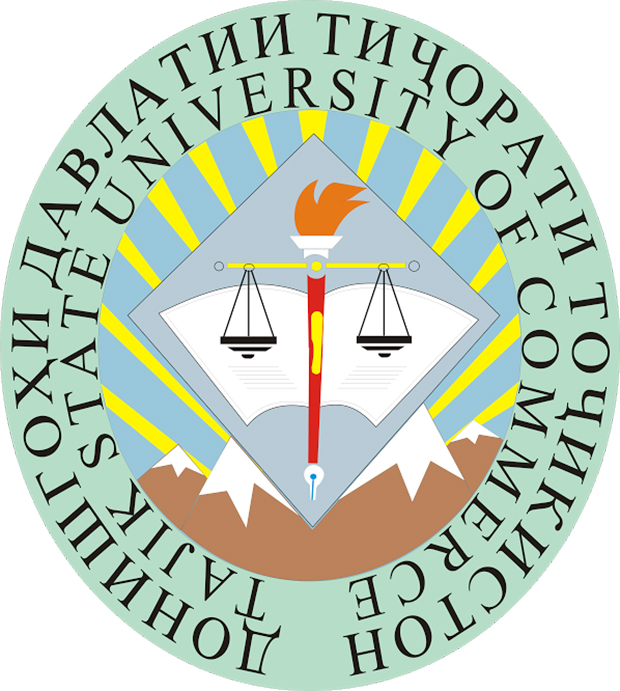New Publication: Digital Engagement Drives Circular Economy Practices in Europe and Central Asia
Date: 02.09.2025
We are pleased to announce the publication of a new research paper by Sardor Azam and Azamat Salomov from the Central Asian University, Tashkent, Uzbekistan. Their study, titled "Examining the Role of Digital Engagement in Circular Economy Practices and Sustainability Outcomes: Insights from Firms in Europe and Central Asia" has been published in the Scopus-indexed Springer LNCS proceedings of the NEW2AN 2024 / ruSMART 2024 conference.
Research Highlights
Using firm-level data from over 21,000 businesses across Europe and Central Asia, the study investigates how digital engagement influences the adoption of circular economy and sustainability practices. Key findings include:
- Digitally engaged firms are significantly more likely to implement sustainability measures such as recycling, CO? emission targets, and energy consumption goals.
- The impact of digital engagement is strongest among larger firms, while micro enterprises often face resource constraints that limit their ability to adopt such practices.
The research employs a robust statistical methodology (two-sample z-test for proportions) and draws on data from the Business Environment and Enterprise Performance Survey (BEEPS) conducted by the World Bank, EIB, and EBRD.
Implications for Policy and Practice
This study underscores the transformative role of digital technologies in accelerating the transition to a circular economy. It highlights the need for targeted support to help smaller firms overcome barriers to digitalization and sustainability.
Access the Paper
The full paper is available via Springer:
Acknowledgement
This research was made possible through the support of the EU Erasmus+ Project "CirculEC: Development of Innovative Curricula and Modules in Circular Economy and Sustainable Development." The views expressed are those of the authors and do not necessarily reflect those of the European Union or EACEA.

















